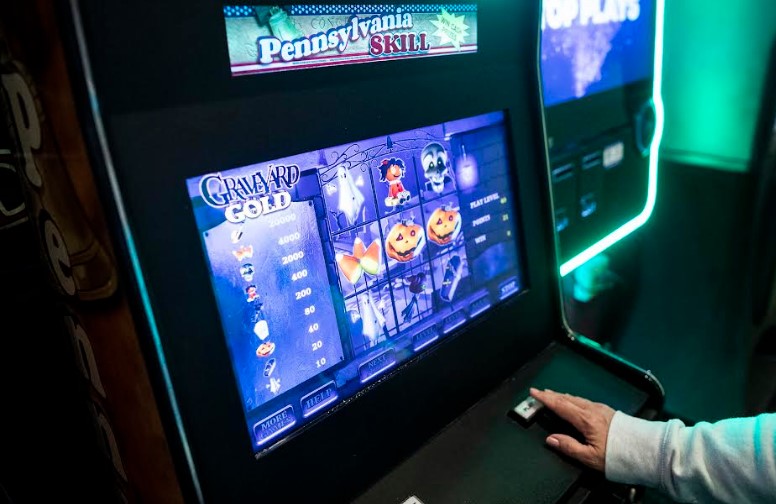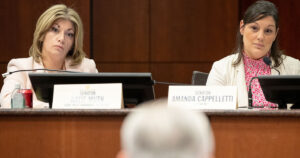Norristown Resident Greg Harris Wins GOP Primary Write-In for 17th District State Senate Seat

On April 23, Republicans in the 17th State Senate district, including parts of Montgomery and Delaware Counties, voted to nominate Greg Harris as the Republican nominee for November. The district is currently represented by Sen. Amanda Cappelletti (D-Norristown).
Harris received more than 2,200 write-in votes from Republican voters across the district.
Harris told DVJournal that friends and family suggested that he run for office and he decided to “throw his hat in.”
When he was campaigning, Harris talked with local residents. He found that people in Norristown were concerned with crime and homelessness. Residents were worried about crime “throughout my travels,” he said.
Authorities “are trying to gaslight us and make it seem like it’s not as high, that it’s gone down,” said Harris. “Well, tell that to the victims. People who have been killed by violence, by guns, people out here who are not supposed to have them. They’re the ones doing the shooting.”
Harris supports the $3 billion tax cut bill that the state Senate passed.
If elected, he’d like to help bring more businesses and jobs into the Delaware Valley. He said many companies are moving from high-tax states like New York and New Jersey to southern states, and Harris would like to bring those businesses to southeastern Pennsylvania.
If companies relocate here, “it will be a lot cheaper for their bottom lines,” he said.
“Hopefully, that will provide good-paying jobs,” said Harris. “That will offset higher prices [caused by inflation].”
Harris is currently employed as an arbitrator with the Financial Industry Regulatory Authority. He’s worked for Bank of America and Capital One. Before joining the financial industry, Harris served more than eight years in the U.S. Navy.
“I served on a destroyer for five years, a guided missile destroyer,” he said. “I deployed twice. Once to the Mediterranean and another time to the Persian Gulf, after 9/11.”
“It was hot,” he said of the Middle East. “We managed to get through it, and everyone came home alive and in one piece. So that’s something we could all be thankful for.”
Harris has an adult daughter and three grandchildren who live in Philadelphia.
“That’s been an experience, being a grandfather,” said Harris, a Norristown resident.
Harris noted that the former Norristown Area School Board president Schae Ashe had been employed by Cappelletti before a series of articles in the Delaware Valley Journal exposed his inappropriate social media messages to teenage girls. Cappelletti suspended Ashe from that job after the allegations came to light.
Harris is now the 21st state Senate candidate that the Pennsylvania Senate Republican Campaign Committee will support in its efforts to help hold and grow the Republican Senate majority.
“We are excited to have Greg Harris throw his hat in the ring to be our Republican nominee in the 17th District,” said SRCC Communications Director Michael Straw. “Senator Cappelletti is one of the most radical members of the Senate Democrat caucus. She’s stood against legislation that would crack down on crime, supported taxes on utility bills, and voted ‘no’ on a law that increased penalties on repeat DUI offenders. Greg Harris will instead campaign on bringing commonsense solutions to the 17th District.”
Please follow DVJournal on social media: Twitter@DVJournal or Facebook.com/DelawareValleyJournal




